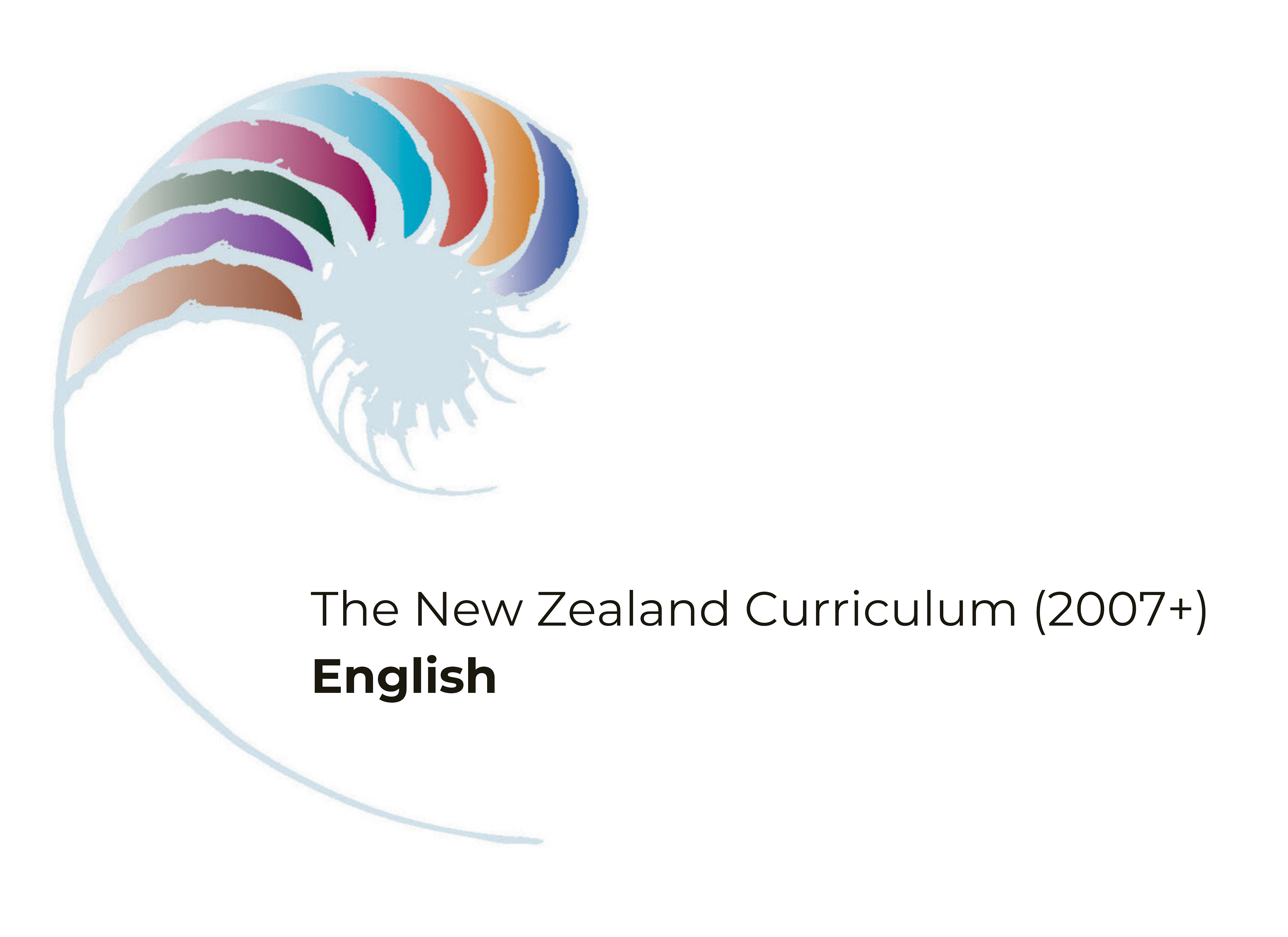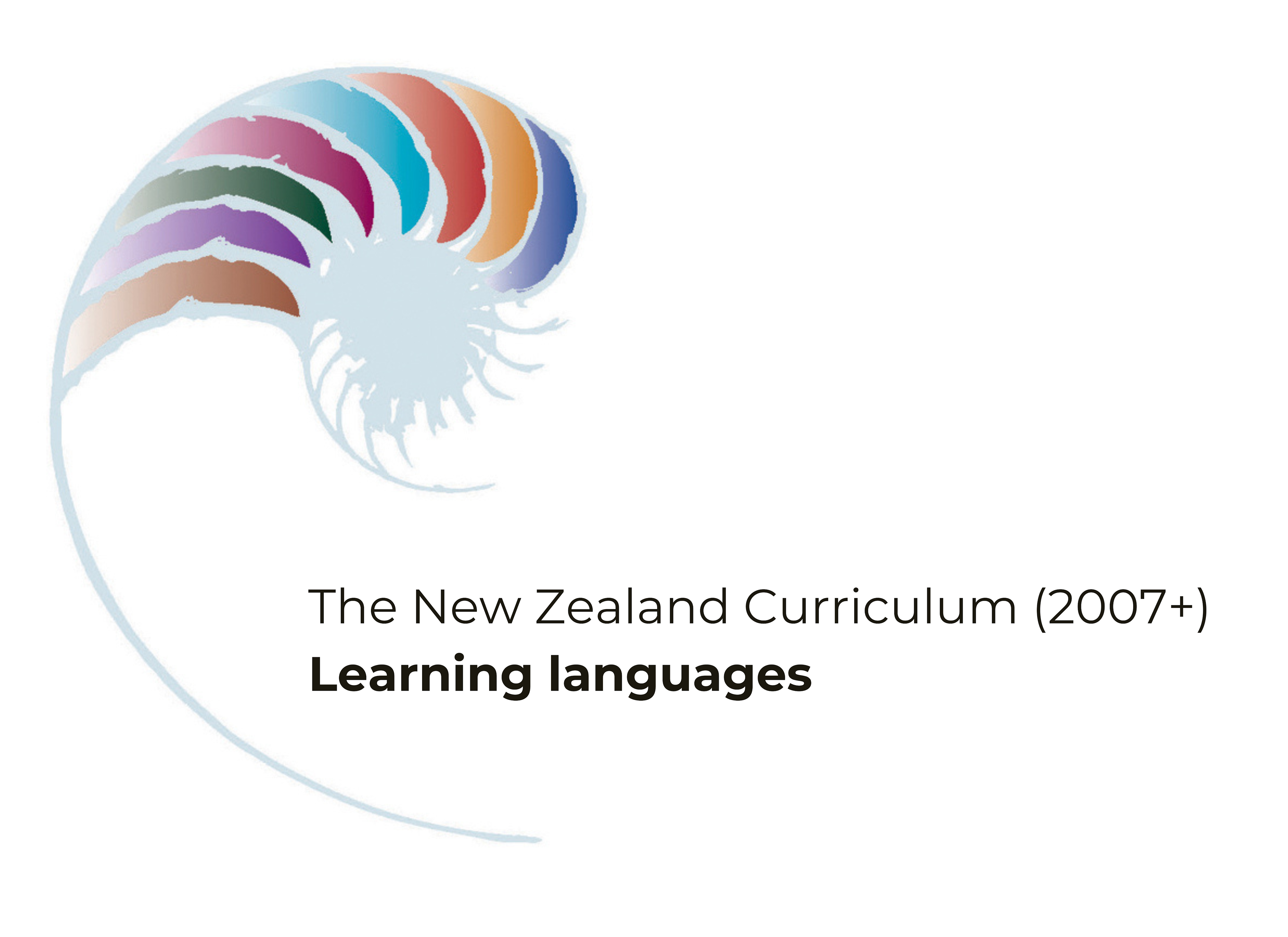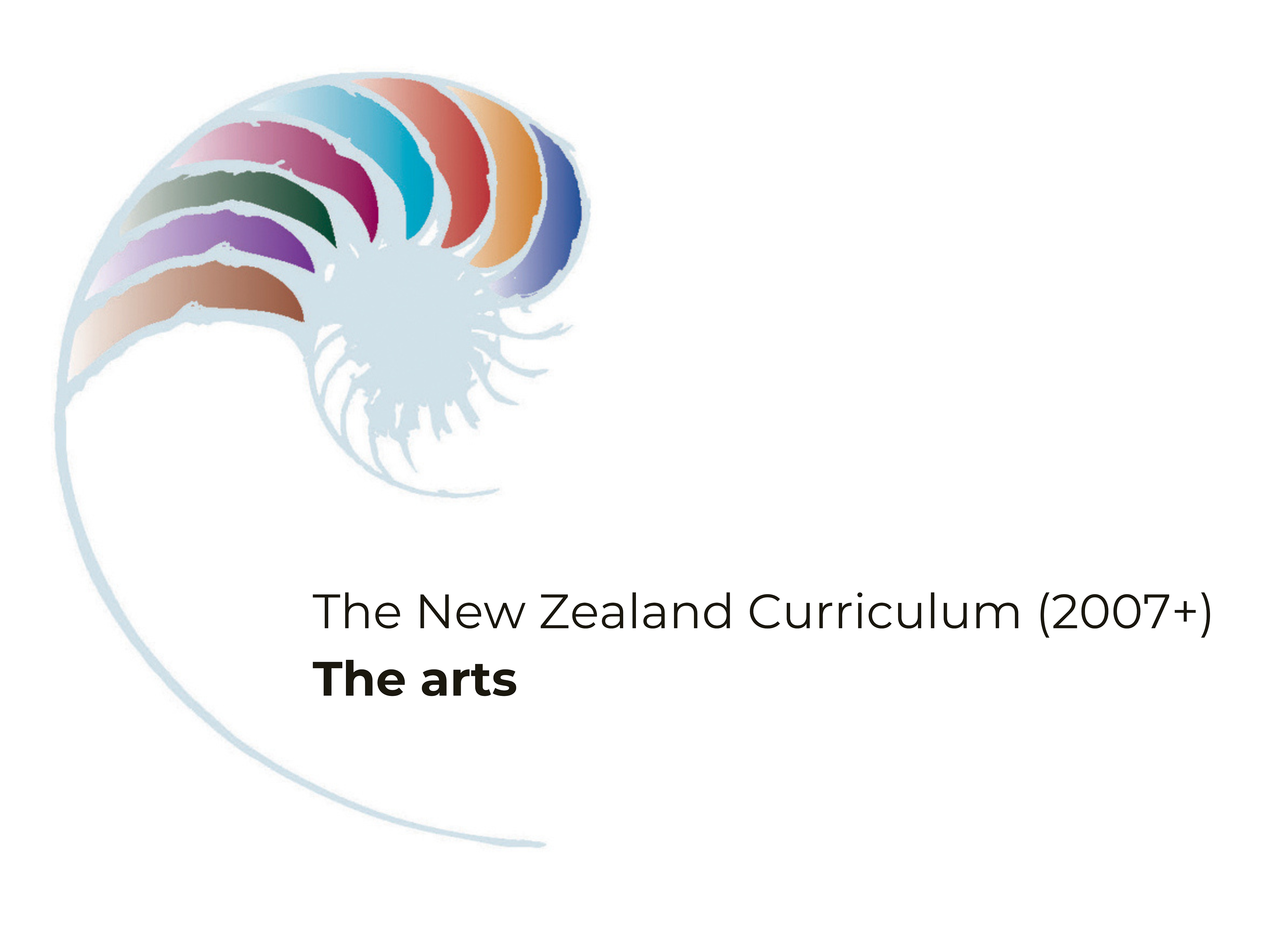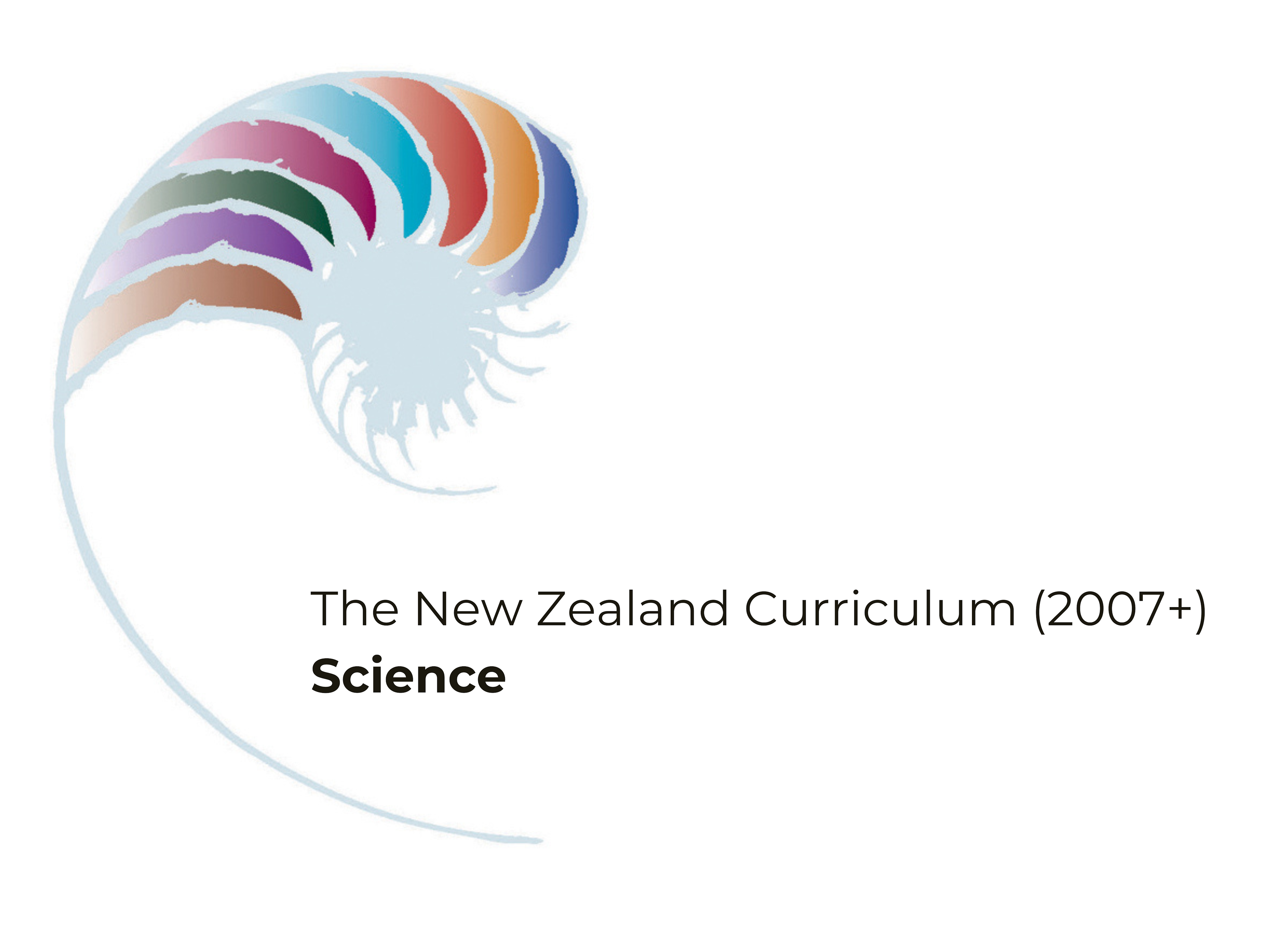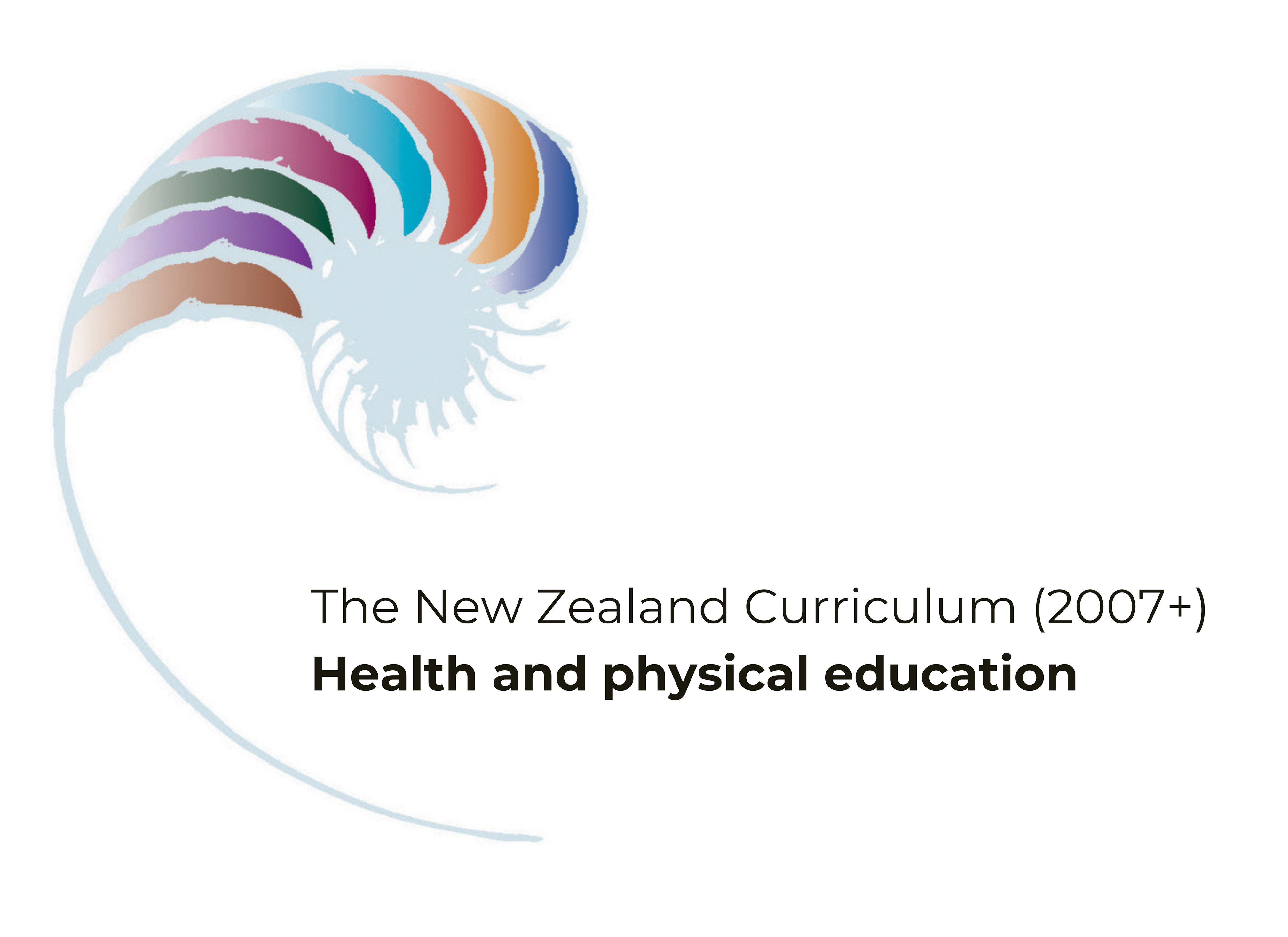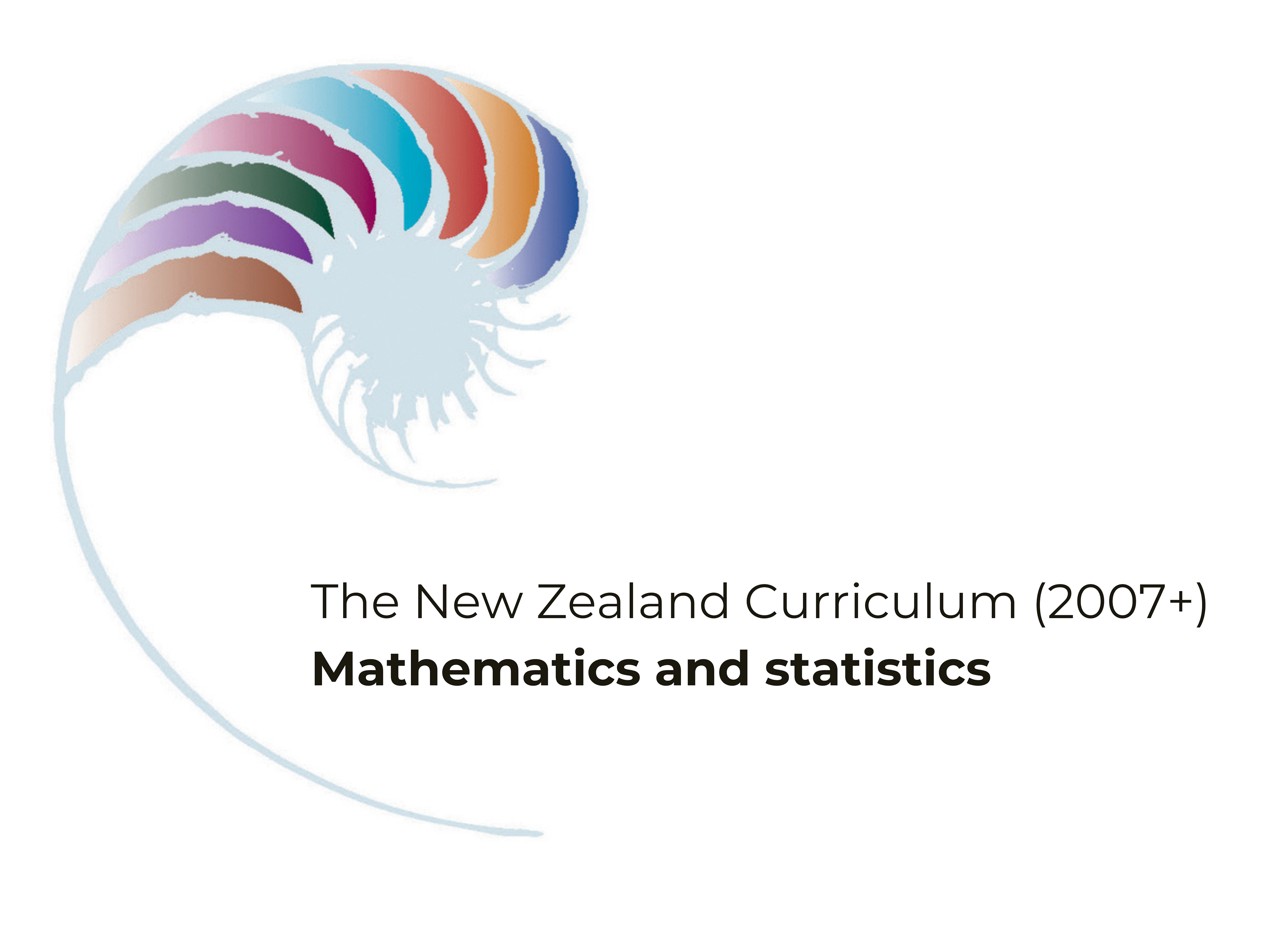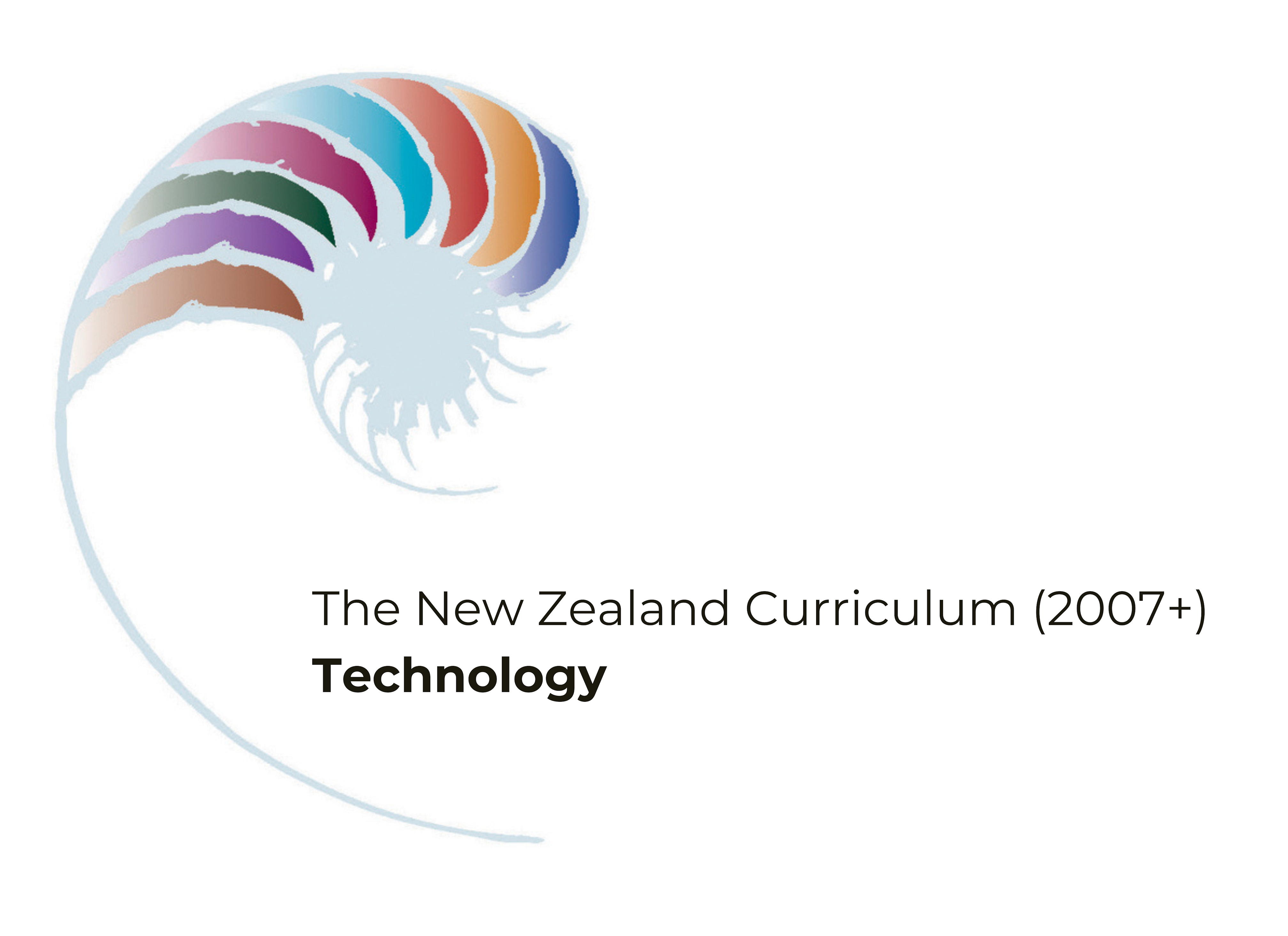The New Zealand Curriculum - Social sciences
Statement of official policy relating to teaching, learning and assessment of social sciences in all English medium state and state-integrated schools in New Zealand.

Tags
- AudienceSchool leadersKaiako
- Learning AreaSocial Science
- Resource LanguageEnglish
- Resource typeText/Website
About this resource
Social sciences is one of the learning areas in the New Zealand Curriculum, the official document that sets the direction for teaching, learning, and assessment in all English medium state and state-integrated schools in New Zealand. In the social sciences, students explore how societies work and how they themselves can participate and take action as critical, informed, and responsible citizens.
Add to collection
The New Zealand Curriculum: Social sciences
What are the social sciences about?
Unuhia te rito o te harakeke kei whea te kōmako e kō?
Whakatairangitia – rere ki uta, rere ki tai;
Ui mai koe ki ahau he aha te mea nui o te ao,
Māku e kī atu he tangata, he tangata, he tangata!
Remove the heart of the flax bush, and where will the kōmako sing?
Proclaim it to the land, proclaim it to the sea;
Ask me, "What is the greatest thing in the world?"
I will reply, "It is people, people, people!"
The social sciences learning area examines how societies work and how people can participate as critical, active, informed, and responsible citizens. Contexts are drawn from the past, present, and future, and from places within and beyond New Zealand.
- Why study social sciences?
- Learning area structure
- Achievement objectives
- Aotearoa New Zealand’s histories
- Teaching time requirements
Through the social sciences, students develop the knowledge and skills to enable them to: better understand, participate in, and contribute to the local, national, and global communities in which they live and work; engage critically with societal issues; and evaluate the sustainability of alternative social, economic, political, and environmental practices.
Students explore the unique bicultural nature of New Zealand society, which derives from the Treaty of Waitangi. Learning about people, places, cultures, histories, and the economic world within and beyond New Zealand, they develop an understanding of how societies are organised and function, and the ways in which people and communities respond are shaped by different perspectives, values, and viewpoints. As they explore how others see themselves, students clarify their own identities in relation to their particular heritages and contexts.
Achievement objectives for social studies at levels 1–5 integrate concepts from one or more of four conceptual strands:
Identity, culture, and organisation
Students learn about society and communities and how they function. They also learn about the diverse cultures and identities of people within those communities and about the effects of these on the participation of groups and individuals.
Place and environment
Students learn about how people perceive, represent, interpret, and interact with places and environments. They come to understand the relationships that exist between people and the environment.
Continuity and change
Students learn about past events, experiences, and actions and the changing ways in which these have been interpreted over time. This helps them to understand the past and the present and to imagine possible futures.
The economic world
Students learn about the ways in which people participate in economic activities and about the consumption, production, and distribution of goods and services. They develop an understanding of their role in the economy and of how economic decisions affect individuals and communities.
Understandings in relation to the achievement objectives can be developed through a range of approaches. Using a social inquiry approach, students:
- ask questions, gather information and background ideas, and examine relevant current issues
- explore and analyse people’s values and perspectives
- consider the ways in which people make decisions and participate in social action
- reflect on and evaluate the understandings they have developed and the responses that may be required.
Inquiry in the social sciences is also informed by approaches originating from such contributing disciplines as history, geography, and economics.
Learning based on the level 1–5 social studies achievement objectives establishes a foundation for the separate social science disciplines offered in the senior secondary school. At levels 6–8, students are able to specialise in one or more of these, depending on the choices offered by their schools. Achievement objectives are provided for social studies, economics, geography, and history, but the range of possible social science disciplines that schools can offer is much broader, including, for example, classical studies, media studies, sociology, psychology, and legal studies.
Social studies
Students will gain knowledge, skills, and experience to understand how:
- belonging to groups is important for people
- people have different roles and responsibilities as part of their participation in groups
- the past is important to people
- places in New Zealand are significant for individuals and groups
- the cultures of people in New Zealand are expressed in their daily lives.
Social studies
Students will gain knowledge, skills, and experience to understand how:
- people have social, cultural, and economic roles, rights, and responsibilities
- people make choices to meet their needs and wants
- cultural practices reflect and express people’s customs, traditions, and values
- time and change affect people’s lives
- places influence people and people influence places
- people make significant contributions to New Zealand’s society
- the status of Māori as tangata whenua is significant for communities in New Zealand.
Social studies
Students will gain knowledge, skills, and experience to understand how:
- groups make and implement rules and laws
- cultural practices vary but reflect similar purposes
- people view and use places differently
- people make decisions about access to and use of resources
- people remember and record the past in different ways
- early Polynesian and British migrations to New Zealand have continuing significance for tangata whenua and communities
- the movement of people affects cultural diversity and interaction in New Zealand.
Social studies
Students will gain knowledge, skills, and experience to understand how:
- the ways in which the leadership of groups is acquired and exercised have consequences for communities and societies
- people pass on and sustain culture and heritage for different reasons and that this has consequences for people
- exploration and innovation create opportunities and challenges for people, places, and environments
- understand that events have causes and effect
- understand how producers and consumers exercise their rights and meet their responsibilities
- formal and informal groups make decisions that impact communities
- people participate individually and collectively in response to community challenges.
Social studies
Students will gain knowledge, skills, and experience to understand how:
- systems of government in New Zealand operate and affect people’s lives, and how they compare with another system
- the Treaty of Waitangi is responded to differently by people in different times and places
- cultural interaction impacts cultures and societies
- understand that people move between places and how this has consequences for the people and the places
- economic decisions impact people, communities, and nations
- people’s management of resources impacts environmental and social sustainability
- the ideas and actions of people in the past have had a significant impact on people’s lives
- people seek and have sought economic growth through business, enterprise, and innovation
- people define and seek human rights.
Social studies
Students will gain knowledge, skills, and experience to understand how:
- individuals, groups, and institutions work to promote social justice and human rights
- cultures adapt and change, and that this has consequences for society.
History
Students will gain knowledge, skills, and experience to understand how:
- the causes and consequences of past events that are of significance to New Zealanders shape the lives of people and society
- people’s perspectives on past events that are of significance to New Zealanders differ.
Geography
Students will gain knowledge, skills, and experience to understand how:
- natural and cultural environments have particular characteristics, and how environments are shaped by processes that create spatial patterns
- people interact with natural and cultural environments, and this interaction has consequences.
Economics
Students will gain knowledge, skills, and experience to understand how:
- as a result of scarcity, consumers, producers, and the government make choices that affect New Zealand society
- the different sectors of the New Zealand economy are interdependent.
Social studies
Students will gain knowledge, skills, and experience to understand how:
- communities and nations meet their responsibilities and exercise their rights in local, national, and global contexts
- conflicts can arise from different cultural beliefs and ideas and be addressed in different ways with differing outcomes.
History
Students will gain knowledge, skills, and experience to understand how:
- historical forces and movements have influenced the causes and consequences of events of significance to New Zealanders
- people’s interpretations of events that are of significance to New Zealanders differ.
Geography
Students will gain knowledge, skills, and experience to understand how:
- the processes that shape natural and cultural environments change over time, vary in scale and from place to place, and create spatial patterns
- people’s perceptions of and interactions with natural and cultural environments differ and have changed over time.
Economics
Students will gain knowledge, skills, and experience to understand how:
- economic concepts and models provide a means of analysing contemporary New Zealand issues
- government policies and contemporary issues interact.
Social studies
Students will gain knowledge, skills, and experience to understand how:
- policy changes are influenced by and impact the rights, roles, and responsibilities of individuals and communities
- ideologies shape society, and individuals and groups respond differently to these beliefs.
History
Students will gain knowledge, skills, and experience to understand how:
- the causes, consequences, and explanations of historical events that are of significance to New Zealanders are complex and how and why they are contested
- trends over time reflect social, economic, and political forces.
Geography
Students will gain knowledge, skills, and experience to understand how:
- interacting processes shape natural and cultural environments, occur at different rates and on different scales, and create spatial variations
- people’s diverse values and perceptions influence the environmental, social, and economic decisions and responses that they make.
Economics
Students will gain knowledge, skills, and experience to understand how:
- well-functioning markets are efficient, but governments may need to intervene where markets fail to deliver efficient or equitable outcomes
- the nature and size of the New Zealand economy are influenced by interacting internal and external factors.
Aotearoa New Zealand is on a journey to ensure that all ākonga in our schools and kura learn how our histories have shaped our present day lives.
See the diagram below that illustrates how "learning that matters" is made up of three interwoven strands:
- Understand: The big ideas of Aotearoa New Zealand's histories.
- Know: National, rohe, and local contexts.
- Do: Thinking critically about the past and interpreting stories about it.

Aotearoa New Zealand's histories purpose overview
Social sciences create curiosity about and respect for places, people, cultures, and systems. Students learn to contribute, participate, and take positive action as informed, ethical, and empathetic citizens with a concern for the wellbeing of communities and a commitment to a fair society for all.
Learning in the social sciences aims to help students thrive in the diverse communities and environments of Aotearoa New Zealand and beyond. This includes understanding the mutual responsibilities to Te Tiriti o Waitangi | The Treaty of Waitangi of tangata whenua and tauiwi as they live together in relationships that promote respect for one another, tikanga, and the natural environment.
Aotearoa New Zealand’s Histories supports this aim through its focus on stories of interactions across time that connect people to each other and to place. Students will build understandings about how Māori, and all people for whom New Zealand has been and is their home, have shaped Aotearoa New Zealand’s past.
This will help them make sense of the present and inform future decisions and actions.
There are three elements in the Aotearoa New Zealand’s Histories curriculum content: Understand, Know, and Do (UKD). Teachers design learning experiences that weave these elements together so that student learning is deep and meaningful.
In years 11–13, students deepen their understandings, knowledge, and practices through subjects that draw from Aotearoa New Zealand’s Histories.
Selecting meaningful topics
Selecting meaningful topics is critical if students are to deepen their understanding of the curriculum’s big ideas and be able to apply them to both familiar and new contexts. Teachers will choose topics that have personal and social significance for society and that engage students at local, national, and global levels.
When selecting a topic, teachers can ask the following questions:
- How will the topic help students explore the big ideas: the foundational and continuous history of Māori, the impact of colonisation and settlement, the power people and groups hold, and the relationships that shaped our history?
- How will the topic draw on stories, examples, and perspectives so that students learn about the history of their local area and of Aotearoa New Zealand?
- How will the topic draw on stories from iwi and hapū about their history in the rohe?
- How will the topic support student-led inquiries into the history of Aotearoa New Zealand, the rohe, and the local area?
- In what ways is the topic important to the rohe or local area now?
- How will this topic support students in applying their learning to new and more complex contexts?
Teachers can then support students in using inquiry practices within the local curriculum so that they are thinking critically about the past and the different ways in which it is interpreted.
See Materials that come with this resource to download Aotearoa New Zealand's histories in the New Zealand Curriculum (.pdf).
Reading, writing, and maths teaching time requirements
The teaching and learning of reading, writing, and maths1 is a priority for all schools. So that all students are getting sufficient teaching and learning time for reading, writing, and maths, each school board with students in years 0 to 8 must, through its principal and staff, structure their teaching and learning programmes and/or timetables for delivering the National Curriculum Statements, including this one, to provide:
- 10 hours per week of teaching and learning focussed on supporting their progress and achievement in reading and writing in a typical school week, recognising the important contribution oral language development makes, particularly in the early phases of learning.
- 5 hours per week of teaching and learning focussed on supporting their progress and achievement in maths in a typical school week.
Where reading, writing, and/or maths teaching and learning time is occurring within the context of National Curriculum Statements other than English or mathematics and statistics, progression of students’ reading, writing, and/or maths dispositions, knowledge and skills at the appropriate level must be explicitly and intentionally planned for and attended to.
While the terms reading and writing are used, these expectations are inclusive of alternative methods of communication, including New Zealand Sign Language, augmentative and alternative communication (AAC) and Braille.
1 For simplicity, ‘maths’ is used as an all-encompassing term to refer to the grouping of subject matter, dispositions, skills, competencies, and understandings that encompass all aspects of numeracy, mathematics, and statistics.
These teaching time requirements came in for most schools and kura with students in years 0 to 8 at the start of Term 1, 2024. Specialist schools with students in years 0 - 8 must ensure this from the start of 2025. Kura with a specified kura board must ensure this from Term 3, 2024.
Heading
New Zealand Curriculum
Statement of official policy relating to teaching, learning, and assessment in all English medium state and state-integrated schools in New Zealand.
1 of 8
The New Zealand Curriculum - English
Statement of official policy relating to teaching, learning and assessment of English in all English medium state and state-integrated schools in New Zealand.
2 of 8
The New Zealand Curriculum - Learning languages
Statement of official policy relating to teaching, learning and assessment of learning languages in all English medium state and state-integrated schools in New Zealand.
3 of 8
The New Zealand Curriculum - The arts
Statement of official policy relating to teaching, learning, and assessment of the arts in all English medium state and state-integrated schools in New Zealand.
4 of 8
The New Zealand Curriculum - Science
Statement of official policy relating to teaching, learning and assessment of science in all English medium state and state-integrated schools in New Zealand.
5 of 8
The New Zealand Curriculum - Health and physical education
Statement of official policy relating to teaching, learning and assessment of health and physical education in all English medium state and state-integrated schools in New Zealand.
6 of 8
The New Zealand Curriculum - Mathematics and statistics
Statement of official policy relating to teaching, learning and assessment of mathematics and statistics in all English medium state and state-integrated schools in New Zealand.
7 of 8
The New Zealand Curriculum - Technology
Statement of official policy relating to teaching, learning and assessment of technology in all English medium state and state-integrated schools in New Zealand.
8 of 8









